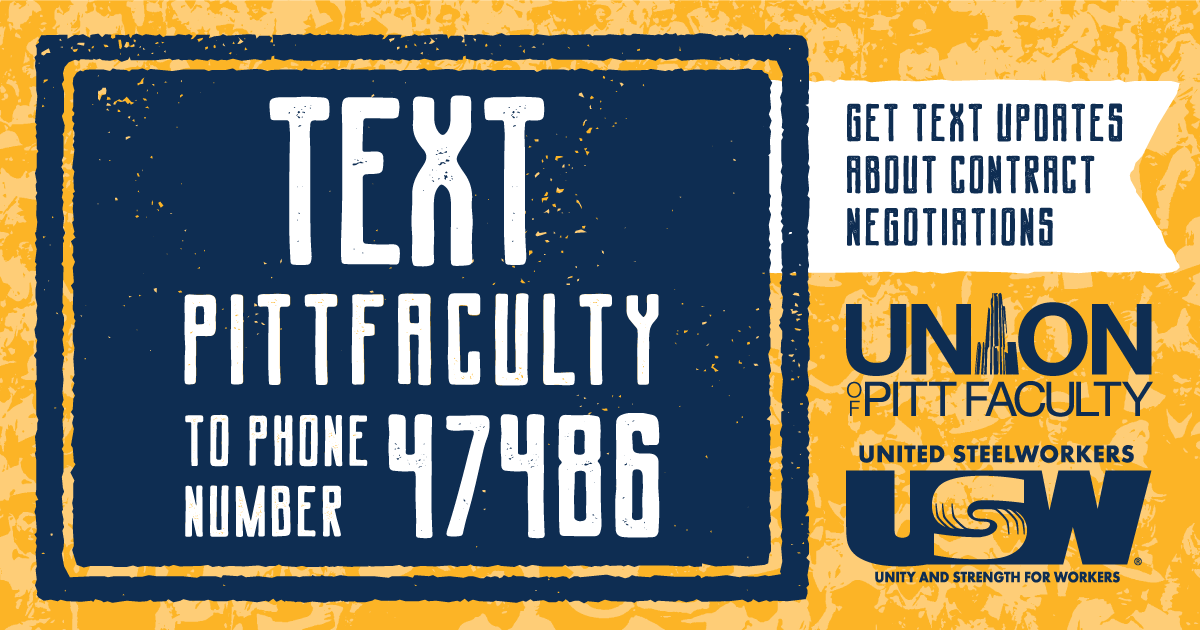BARGAINING UPDATE
February 15, 2023
What’s in a contract: Weingarten Rights
Dear colleagues,
I’m Lech Harris, a part-time instructor in the English department on the Oakland campus, where I teach creative writing. I’m also a member of our bargaining committee.
As we’ve seen in this “What’s in a Contract” series, most of the benefits that we gain from a union are established in the legally enforceable contract that we win through the collective bargaining process. Most, but not all! There are, in fact, some new rights that we gain before we even get our contract, simply by dint of being in a union. The most important of these to be aware of are what’s known as Weingarten Rights.
“Weingarten Rights” refers to the right of all unionized employees to have union representation present during any meeting with a supervisor that might result in some form of discipline or other adverse consequence. The actual phrase used in the law is “an investigatory interview”—meaning a situation in which a supervisor is asking you questions to determine if you committed some infraction. As a member of a union, you have the right to refuse to answer such questions until a union representative is present: that could be a colleague, like your Council representative, or a USW rep. That representative can serve as a witness, take notes, ask questions, advise you on how to answer specific questions, and object to coercive lines of questioning by your supervisor. If you are disciplined or terminated, your representative can help you navigate any appeals process that may be open to you.
Weingarten Rights have an interesting story. They were established by the Supreme Court in 1975 by NLRB v. J. Weingarten, Inc., the latter being a supermarket chain. At the center of the case is Leura Collins, a salesclerk at a Weingarten’s store in Houston and one of the great unsung heroes of American labor history. In June 1972, Collins was falsely accused of stealing chicken from the store and was interrogated at length by a manager; her repeated requests for her union steward to be present were denied. Although her story was found to be true and the accusation was withdrawn, Collins was in tears by the end of the interview, proclaiming that the only thing she had ever taken from the store was the free lunch she was entitled to in her contract. According to the company, however, the free lunch policy was one that applied at Collins’s previous Weingarten’s location (she had recently been transferred to a new store), but not the current location where she worked. As a result, she was forced to submit to interrogation all over again, and once again her requests for a union steward were denied.
Based on her answers, a statement was drawn up that asserted that Collins owed the company $160 for the lunches she had taken. Collins refused to sign the statement. Though she was instructed by the store manager not to tell anyone about the interview, Collins promptly relayed the full details of the conversation to her union representatives, who filed an unfair labor practice charge with the National Labor Relations Board. In its investigation, the NLRB found that taking a free lunch was a near universal practice among employees at Collins’s store—including the manager of her department—and that no policy to the contrary had ever been communicated.
The Supreme Court would later affirm a statutory right to union representation in investigative interviews, inhering in §7 of the National Labor Relations Act, which, in its words, “guarantees the right of employees to act in concert for ‘mutual aid and protection’.” In other words, the Court found that the presence of a union representative during a possibly consequential interview signifies nothing less than the concerted support of every employee for every other. In this way, Weingarten Rights express the most foundational values of unions, rooted in “concerted protection” and mutual aid. The Pennsylvania Supreme Court held that the same rights apply to unionized public sector employees like us.
Since last year, a number of Pitt faculty have already availed themselves of their Weingarten Rights for disciplinary hearings, terminations, or appeals, and each of them has received the support and advocacy of our faculty union. In a very real, legal sense, this support represents the collective solidarity shared and enjoyed by all Pitt faculty.
In solidarity,
Lech Harris, Part-time Instructor, English, Oakland
Links!
I’m Lech Harris, a part-time instructor in the English department on the Oakland campus, where I teach creative writing. I’m also a member of our bargaining committee.
As we’ve seen in this “What’s in a Contract” series, most of the benefits that we gain from a union are established in the legally enforceable contract that we win through the collective bargaining process. Most, but not all! There are, in fact, some new rights that we gain before we even get our contract, simply by dint of being in a union. The most important of these to be aware of are what’s known as Weingarten Rights.
“Weingarten Rights” refers to the right of all unionized employees to have union representation present during any meeting with a supervisor that might result in some form of discipline or other adverse consequence. The actual phrase used in the law is “an investigatory interview”—meaning a situation in which a supervisor is asking you questions to determine if you committed some infraction. As a member of a union, you have the right to refuse to answer such questions until a union representative is present: that could be a colleague, like your Council representative, or a USW rep. That representative can serve as a witness, take notes, ask questions, advise you on how to answer specific questions, and object to coercive lines of questioning by your supervisor. If you are disciplined or terminated, your representative can help you navigate any appeals process that may be open to you.
Weingarten Rights have an interesting story. They were established by the Supreme Court in 1975 by NLRB v. J. Weingarten, Inc., the latter being a supermarket chain. At the center of the case is Leura Collins, a salesclerk at a Weingarten’s store in Houston and one of the great unsung heroes of American labor history. In June 1972, Collins was falsely accused of stealing chicken from the store and was interrogated at length by a manager; her repeated requests for her union steward to be present were denied. Although her story was found to be true and the accusation was withdrawn, Collins was in tears by the end of the interview, proclaiming that the only thing she had ever taken from the store was the free lunch she was entitled to in her contract. According to the company, however, the free lunch policy was one that applied at Collins’s previous Weingarten’s location (she had recently been transferred to a new store), but not the current location where she worked. As a result, she was forced to submit to interrogation all over again, and once again her requests for a union steward were denied.
Based on her answers, a statement was drawn up that asserted that Collins owed the company $160 for the lunches she had taken. Collins refused to sign the statement. Though she was instructed by the store manager not to tell anyone about the interview, Collins promptly relayed the full details of the conversation to her union representatives, who filed an unfair labor practice charge with the National Labor Relations Board. In its investigation, the NLRB found that taking a free lunch was a near universal practice among employees at Collins’s store—including the manager of her department—and that no policy to the contrary had ever been communicated.
The Supreme Court would later affirm a statutory right to union representation in investigative interviews, inhering in §7 of the National Labor Relations Act, which, in its words, “guarantees the right of employees to act in concert for ‘mutual aid and protection’.” In other words, the Court found that the presence of a union representative during a possibly consequential interview signifies nothing less than the concerted support of every employee for every other. In this way, Weingarten Rights express the most foundational values of unions, rooted in “concerted protection” and mutual aid. The Pennsylvania Supreme Court held that the same rights apply to unionized public sector employees like us.
Since last year, a number of Pitt faculty have already availed themselves of their Weingarten Rights for disciplinary hearings, terminations, or appeals, and each of them has received the support and advocacy of our faculty union. In a very real, legal sense, this support represents the collective solidarity shared and enjoyed by all Pitt faculty.
In solidarity,
Lech Harris, Part-time Instructor, English, Oakland
Links!
- If someone forwarded this to you, sign up to receive these emails
- Find previous bargaining updates here
- Get in touch with your Council rep
- Get involved with the Communication and Action Team



